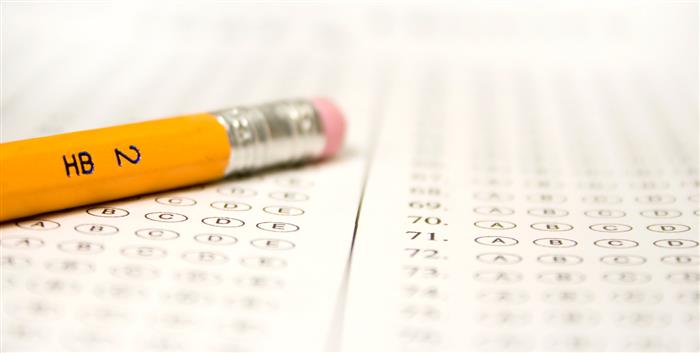
Log In


Affluent families allegedly abused the system by acquiring faulty learning disability diagnoses in order to gain extra time on the SAT or ACT, according to recent reports on the college admissions scandal. In some incidents, some corrupt proctors took the tests for the students or corrected their answers.
The debate over special testing accommodations goes beyond the admissions scandal, according to a recent study by The Wall Street Journal, which found that 4.2 percent of students at wealthy high schools qualify for extra time on tests while only 1.6 percent of students in low-income areas are able to test under such special conditions. Counselors who work with students with learning disabilities, as well as advocates for low-income students, claim that the issue is not that wealthy students are receiving extra accommodations but rather, that low-income students are not getting the help they need, according to an interview between Inside Higher Ed and The WSJ.
A time limit may keep students who struggle with reading comprehension from performing at their best. Though low-income parents can request for extra test-taking time, wealthy parents have more options; they can "seek out a doctor of their choice, decide what to do with the results and seek advice on all of their options," according to an advisor for students with language-related learning disabilities. Several advisors claim that, while they do not receive requests from wealthy families to help them fake a learning disability, wealthier families are more like to receive special accommodations due to more awareness and being savvy.
Getting extra time for the test-taking helps to a certain degree and some believe it's "less significant that most believe." According to one counselor, "If you don't need an accommodation, all the time in the world isn't going to help you if you don't know the answer." Extra time has proven to benefit students with and without learning disabilities, especially on the math portions. Students of medium- and high-ability benefitted from extra time, but there was "little to no advantage" for lower-ability students, according to a College Board study.
The College Board, which owns the SAT, will soon integrate an "adversity score," which will consider social and economic factors associated with a student's school and neighborhood, including median family income, crime reports, housing circumstances, college acceptance rates, and parental education. College admissions offices will be able to consider the level of adversity - or privilege - applicants face with this new metric. The "overall disadvantage level" will be a single number from 1 to 100, with 50 set as the average. Higher numbers will indicate higher adversity and the number will be viewable on an "environmental context dashboard," along with data on Advanced Placement participation and SAT score." Do you think an "adversity score" should be integrated in the college admissions process? Why or why not?
Disability scholarships exist to provide college funding for students who possess numerous cognitive, behavioral, and emotional impediments that would make it difficult to attain a college degree. These scholarship opportunities help deserving students stay in school and out of debt, allowing them to more easily achieve their educational and career goals. If you possess a learning disability, physical disability or mental disability, you may qualify for one or more of our disability scholarships to help fund your college education.